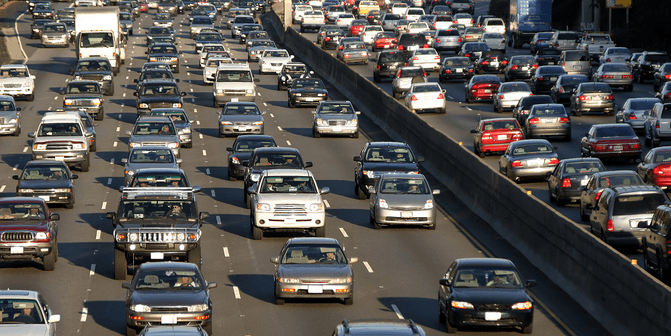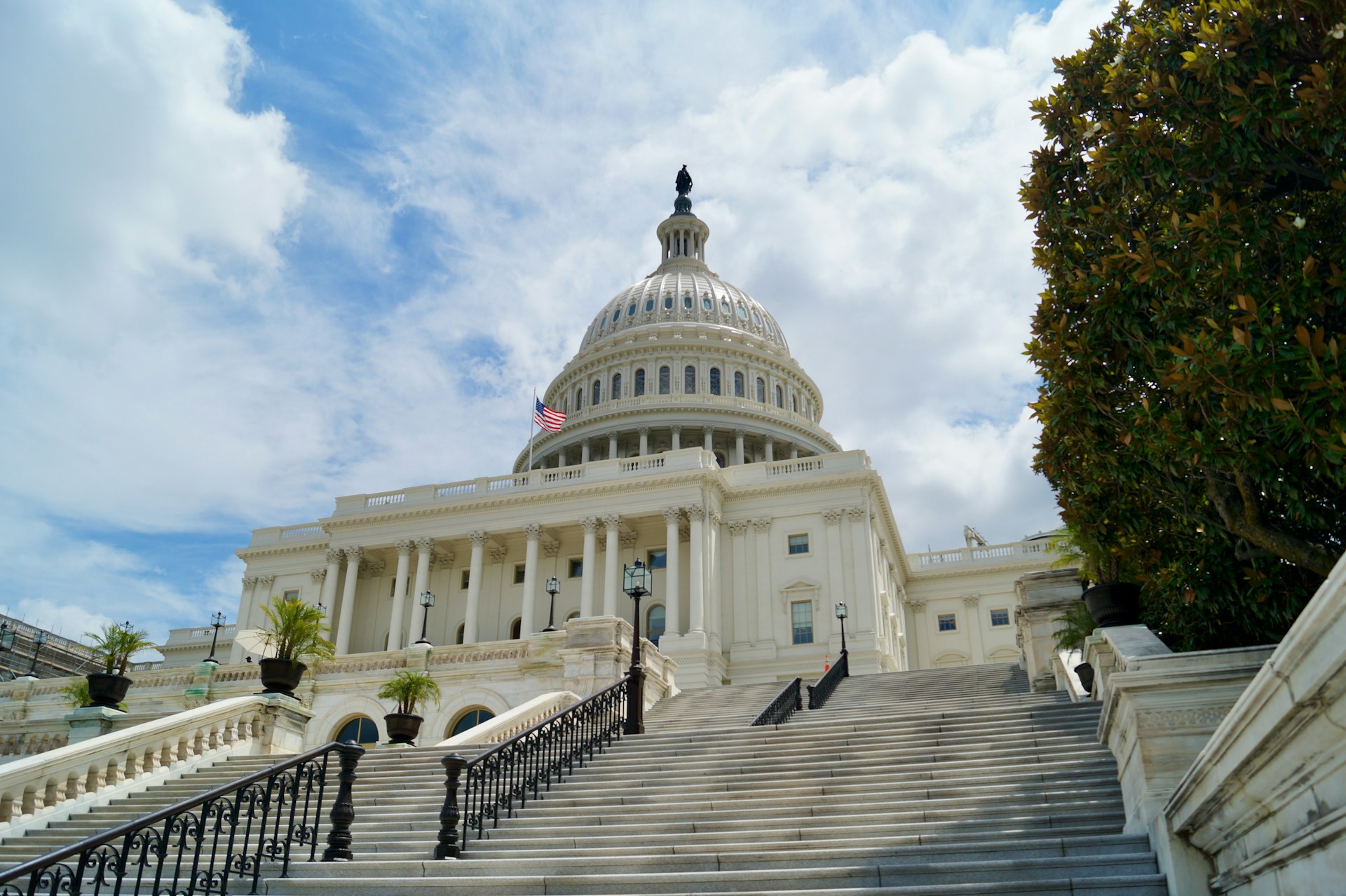Auto Efficiency Rollback is Simply Bad Policy
Let's Save Energy
Alliance to Save Energy's Blog

The Environmental Protection Agency (EPA) and the Department of Transportation (DOT) on Tuesday jointly issued the Safer Affordable Fuel-Efficient (SAFE) Vehicles Rule, a rule that rolls back Obama-era Clean Car Standards for vehicles for model years 2021-2026.
In 2010, the EPA and the National Highway Traffic Safety Administration created a new national program that combined fuel efficiency standards and greenhouse gas (GHG) emissions standards to allow manufacturers to comply with both simultaneously. The standards were adopted with broad support from consumers, labor advocates, and automakers, and were expected to save consumers $1.7 trillion at the pump and avoid 6 billion metric tons of carbon emissions over the life of the program.
Instead, the administration’s rule will relax the standards so that they increase by only 1.5% per year for model years 2021-2026. While this is a less dramatic rollback than the stringency freeze the administration initially proposed, it still falls well below the average 5% per year increase achieved under the previous standards.
The impacts of this rule are enormous and will endure for years to come.
Consumers Will Feel the Cost at the Pump
Consumers stand to be the biggest losers from the rollback. Even with fuel saving technologies, transportation is still the fourth largest expense in the average American home. A Consumer Reports analysis finds that the rule will cost Americans an additional $460 billion, or a $3,300 increase in cost per vehicle, compared to maintaining the Clean Car standards. About 70% of these additional fuel costs will be borne by those who drive minivans, SUVs, and pickup trucks, which may disproportionately hurt rural communities.
Americans Will Lose Jobs and Cede Competitiveness
The Trump administration claims the rollback will increase vehicle sales. But even automakers take issue with the rule: In June 2019, 17 automakers – which together represent nearly 90% of domestic vehicle sales – requested that the Trump administration proposal be reconsidered, citing an “extended period of litigation and instability” as potentially “untenable.” Consumer Reports predicts that this instability will reduce vehicle sales by over 2 million through 2035.
And, the administration’s own analysis found that the new standards would cost 60,000 jobs. And some analysts say the job loss figure is a conservative estimate because it fails to account for the cost of ceding innovation to other countries, such as China and the European Union.
Emissions Will Continue to Rise
In 2017, transportation surpassed the electric power sector as the country’s largest source of GHG emissions. That means curbing energy use in the transportation sector is paramount to addressing the climate crisis. Fuel economy standards have had the greatest impact of any energy efficiency policy in terms of energy savings and related emissions reductions.
Modeling suggests that the rollback will increase carbon emissions from transportation by 923 million metric tons per year – the equivalent of running an additional 230 coal-fired plants for a year.
Air Quality Will Suffer
The so-called SAFE rule is also anything but safe for the public. The administration’s analysis admits that “added fuel production and consumption will increase emissions of more localized air pollutants, and the resulting increase in the U.S. population’s exposure to harmful levels of these pollutants will lead to higher costs from its adverse effects on health.”
The toll of air pollution on America’s public health should not be understated. Emissions from road transportation alone already contribute to a host of chronic health issues and lost worker productivity and cause around 53,000 premature deaths per year.
This is Bad Policy.
A rule of thumb for good policy is that costs should not outweigh purported benefits. By this yardstick, this rule is simply bad policy. And most Americans know this: 73% agree that the federal government should be increasing vehicle efficiency standards.
RECENT BLOG POSTS
STAY EMPOWERED
Help the Alliance advocate for policies to use energy more efficiently – supporting job creation, reduced emissions, and lower costs. Contact your member of Congress.
Energy efficiency is smart, nonpartisan, and practical. So are we. Our strength comes from an unparalleled group of Alliance Associates working collaboratively under the Alliance umbrella to pave the way for energy efficiency gains.
The power of efficiency is in your hands. Supporting the Alliance means supporting a vision for using energy more productively to achieve economic growth, a cleaner environment, and greater energy security, affordability, and reliability.



